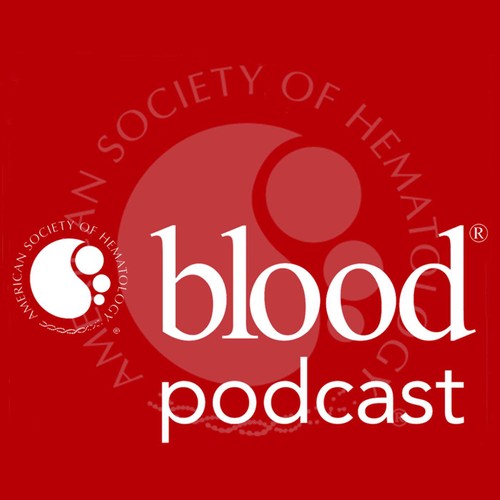
 Blood Podcast
Blood Podcast Social determinants of health and access to allogeneic hematopoietic cell transplantation, megakaryocyte growth factor receptor-based pretransplant conditioning for ex vivo autologous gene therapy, and novel protein biomarkers for risk stratification in a
Jun 23, 2025
Discover how social factors like income and education impact access to critical treatments for acute myeloid leukemia. Dive into groundbreaking advances in ex vivo gene therapy aimed at inherited blood disorders. Learn about the significance of inflammatory biomarkers, particularly the soluble oncostatin M receptor, in predicting patient survival rates. The discussion emphasizes the need for improved support systems and innovative therapies to enhance outcomes for those affected by these conditions.
AI Snips
Chapters
Transcript
Episode notes
Social Determinants Limit AlloHCT Access
- Lower income and poor education at the community level reduce access to potentially curative allogeneic hematopoietic cell transplantation (AlloHCT) for AML patients.
- Social determinants like race also impact AlloHCT receipt, with non-white patients less likely to receive transplant except Asians.
Improve Support To Enhance AlloHCT
- Address financial and educational barriers to improve access to AlloHCT for AML patients.
- Enhancing support systems and administrative help through patient navigators can reduce burdens in complex transplant processes.
C-MPL Targeting Enables Precision Conditioning
- Targeting the C-MPL receptor on long-term hematopoietic stem cells enables selective depletion in pretransplant conditioning.
- This precision allows better engraftment in ex vivo autologous gene therapy with fewer toxicities than traditional conditioning.
